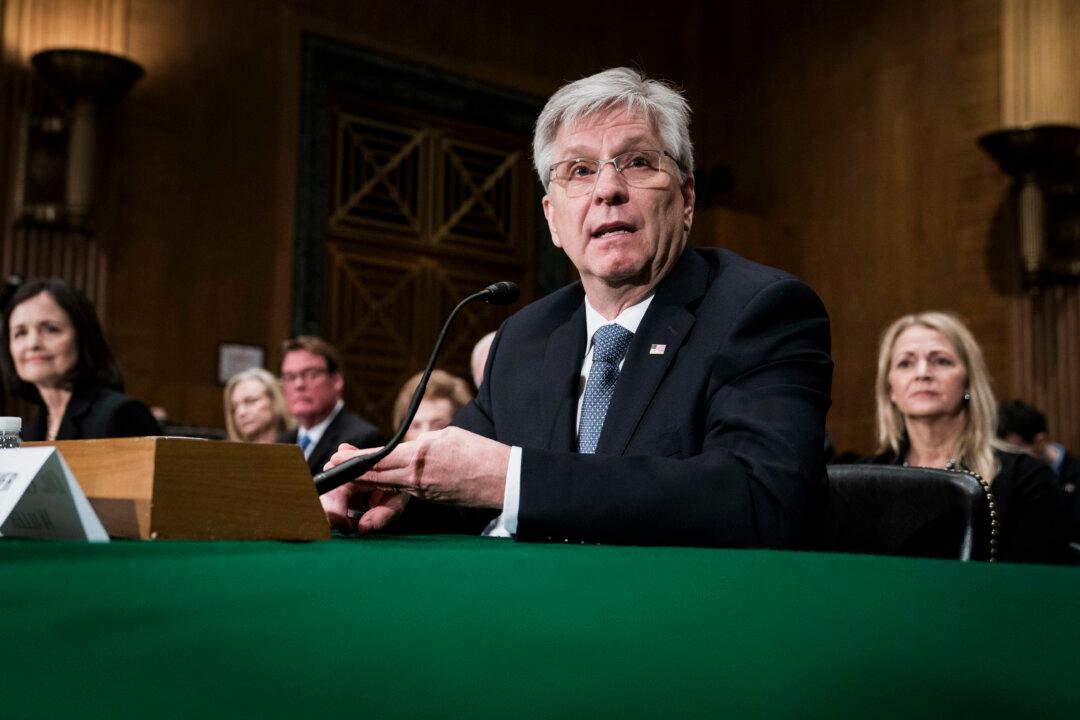The U.S. Federal Reserve’s decision to halt bringing down its benchmark interest rate is the right choice at the moment given the difficulty in tackling inflation, according to Christopher J. Waller, member of the board of governors at the central bank.
“For now, I believe a pause in rate cuts is appropriate,” Waller said during a Feb. 17 speech in Australia, citing various economic data to justify the stance. “The labor market is balanced and remarkably resilient.” Meanwhile, “inflation is still meaningfully above our target” of 2 percent. The 12-month inflation rate has consistently remained above the 2 percent level since March 2021.





